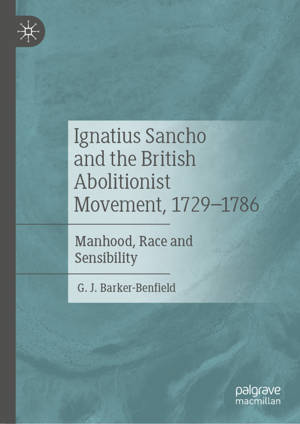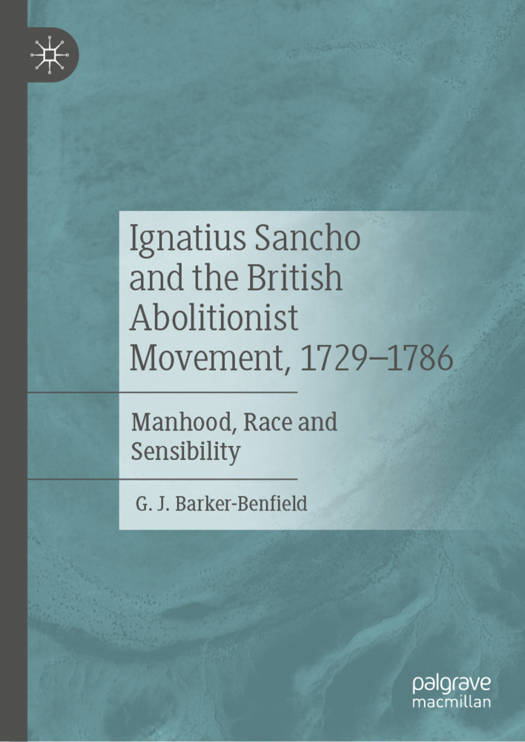
- Afhalen na 1 uur in een winkel met voorraad
- Gratis thuislevering in België vanaf € 30
- Ruim aanbod met 7 miljoen producten
- Afhalen na 1 uur in een winkel met voorraad
- Gratis thuislevering in België vanaf € 30
- Ruim aanbod met 7 miljoen producten
Ignatius Sancho and the British Abolitionist Movement, 1729-1786
Manhood, Race and Sensibility
G J Barker-BenfieldOmschrijving
This book highlights the significant role played by Ignatius Sancho (c. 1729-80), the first black man to vote in England, in the British abolitionist movement. Examining the letters of Sancho, and especially his correspondence with the influential novelist and preacher, Laurence Sterne, the author analyses the relationship between sensibility and antislavery in eighteenth-century Britain. The book demonstrates how Sancho navigated the bawdy, riotous conditions of commercial London, which was the headquarters of a growing and war-torn Empire. It shows how Sancho mastered the fashionable and gendered language of the culture of sensibility, navigating the contemporary issues of race, slavery, and politics. The book also touches on the White metropolitan and colonial preoccupation with Black men's sexuality, which was intensified by the Somerset decision of 1772. Sancho's was a unique and influential voice in eighteenth-century Britain, making this book an insightful read for scholars of anti-slavery as well as gender, race and imperialism in British history.
Specificaties
Betrokkenen
- Auteur(s):
- Uitgeverij:
Inhoud
- Aantal bladzijden:
- 264
- Taal:
- Engels
Eigenschappen
- Productcode (EAN):
- 9783031374197
- Verschijningsdatum:
- 2/09/2023
- Uitvoering:
- Hardcover
- Formaat:
- Genaaid
- Afmetingen:
- 148 mm x 210 mm
- Gewicht:
- 480 g

Alleen bij Standaard Boekhandel
Beoordelingen
We publiceren alleen reviews die voldoen aan de voorwaarden voor reviews. Bekijk onze voorwaarden voor reviews.











